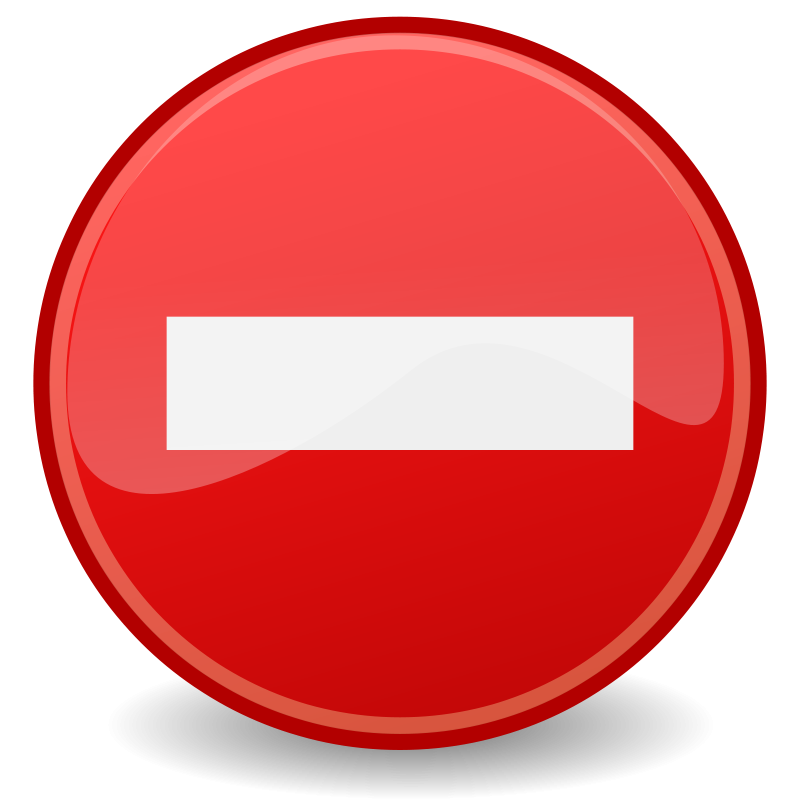
Post flops errors:
It is often mathematical error or bad judgment. Unfortunately, the post flop game is acquired much with experience. A dose of observation, a drop of mathematics not very complicated, and a pinch of judgment... and a good capacity for analysis.
Error #6: Do not know let go its top pairs.
Against multiple opponents, when you hit the best pair among the common cards, you may be delayed if your kicker is not adequate. The kicker (the card in your hands that accompanies your pair) is very important, especially in the Hold'Em, and if you feel that your opponents are ready to go to war with their hands, better know bedroom his top pair facing a little too much action: they certainly beat a top pair with a mediocre kicker.
Error #7: Run his prints at any price.
I won't get into the mathematical side with this article, all simply to not stuff you the head. First I want to that you concentrate on small things until it becomes automatic. But I can't miss this common error, even though it contains a mathematical basis. I nevertheless does not wish to explain the mathematical side in this article, so I would like to a general rule: If the pot is too big and we put little, probabilities are probably on your side (if the pot is $ 9, and we charge you only $ 1, you need to earn only 10% of the time so that the risks are worth the candle). On the contrary, if it charges you $ 8 to win $ 10, better be some of his hand, because you must earn 55% of the time (8/10 + 8) to not make loss. Therefore, it is usually bad to run his prints (especially prints 'long shot', i.e. the draws where very few cards help you) when we charge you a price equivalent to too much of the reward (the total pot). Color prints (when missing only one card to complete your color) will arrive about 1 times out of 5 (20% of the time), thus ensuring your that we do charge you an exorbitant price to run this color (generally, if we charge you + 25% of the pot, you may pay too much...)
Error #8: The lack of aggressiveness.
Players who begin play sometimes with fear. This fear leads them to miss much aggression. If you are in mode 'check call', meaning you bet very little and make that call updates, you only have one way to win the hand: you need to show the best hand at the unveiling! On the other hand, if you bet and raise your hands, you add another way to win: taking down your opponents! Poker aggression is important. Hesitate not to bet/raise when you think you have the best hand: maybe you'll be in wrong, but you back the tough decision in the hands of your opponent, which in itself is a good thing. In addition, by restarting or building, you will be able to know the real strength of your opponent: if he calls your reminders or your re-raising, you can credit it with a good hand and limit your losses. In addition, in betting and raising, you take control of hand, which usually it a huge advantage in one hand.
Error #9: You continually want to bluff.
Some players believe that they must win all the pots they play. Therefore, as soon as they have no chance of winning, they're bluffing. These players are therefore to bluff much too many pots and, thus, to invest unnecessarily tokens in lost causes. Remember to limit your losses: you can buy as many thing with the money that you do not lose with the money that you earn! So expecting profitable opportunities for bluffing. Of if bluff you whenever you can win the hand otherwise you'll quickly be labeled as a bluffer, and your updates will call more frequently by poor hands that would otherwise procumbent. This is not because you are in a hand that you must win the pot at any price! Know let go Jack...




